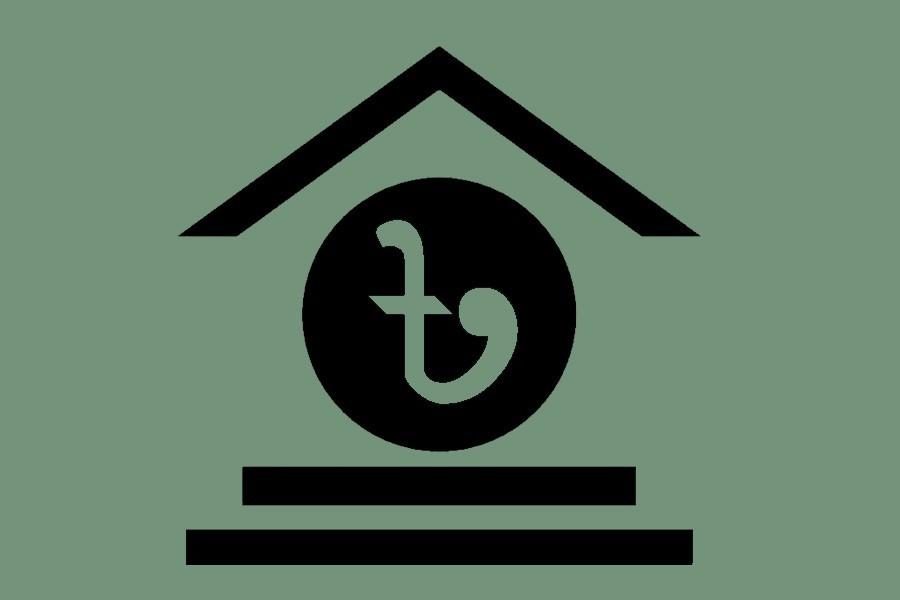The government has sought specific information including overall loans and advances for the last three calendar years until 2018 from state-owned commercial banks (SoCBs).
The banks have also been asked to provide detailed information on their financing status on capital machinery, intermediate goods, raw materials, stores and spares and statement of imports and importers from 2016 to 2018.
Besides, these banks have been asked to provide the data on export bills, loans, incentives and revenues for the same period.
At the end of February 2019, the finance ministry sent letters to chairmen and chief executive officers (CEOs) of Sonali, Janata, Agrani, Rupali and Basic banks, asking for the information within next three weeks.
When contacted, Deputy Secretary of Financial Institutions Division Mrityunjoy Saha said he knew about the issue, but declined to make any comment in this regard.
A finance ministry senior official said at present, the volume of non-performing loans (NPL) has been increasing in the country and a handsome amount of money drains out of Bangladesh which is being often reported in different media.
The total amount of default loans with six SoCBs rose to Tk 486.96 billion in the Q4 of 2018 from Tk 373.26 billion a year before. The amount was Tk 480.80 billion in the Q3 of 2018.
Officials of the banks and dishonest traders involved with mismanagement in the banking system and with illegal activities including illicit fund transfer would be identified through special audit.
The government will take punitive action against them if found guilty, he said.
He also expressed the hope that it would be helpful to create government's declared business-friendly financial sector. Besides, a congenial environment will be created to provide necessary support and financial assistance for honest and qualified businessmen.
For this, he said, they will be able to contribute further to the country's overall economy.
Managing directors of Sonali, Agrani, Rupali and Basic banks could not be contacted for their comments in this regard despite repeated attempts over phone.
Another high official of the ministry said through special audit, it will be possible to make independent assessment over total loan activities of the state-run banks.
In this regard, chartered accountancy firm will be appointed soon for conducting the special audit, according to a document of Financial Institutions Division (FID).
In February last, Finance Minister AHM Mustafa Kamal said a special audit would be conducted into every bank to find out who took loans and where imported capital machinery was set up.
The minister said this while speaking at the annual conference of Rupali Bank held at the capital's Krishibid Institution Bangladesh.
At least US$5.90 billion flew out from Bangladesh illicitly in 2015 through misinvoicing in international trade with the advanced economies.
Washington-based Global Financial Integrity (GFI) in its latest report on illicit financial flows to and from the developing countries unveiled the data in January last.
The earlier report, released in 2017, showed that annual average illicit capital outflow from Bangladesh stood at $7.58 billion during the period between 2005 and 2014 and the amount was $9.10 billion in 2014.
The state banks' performance has been deteriorating due to widespread irregularities in sanctioning loans in violation of rules and regulations of Bank Company Act, according to sources in the banks.
Hardly has there been any visible progress in recovering embezzled fund by groups, individuals and other entities despite the bank's efforts over the years, the banks have tried to realise the funds, they said quoting a bank's general manager.
Currently, a total of 59 banks are operating across the country, of which nine are government-owned, 41 private banks and nine foreign banks, according to Bangladesh Bank.


